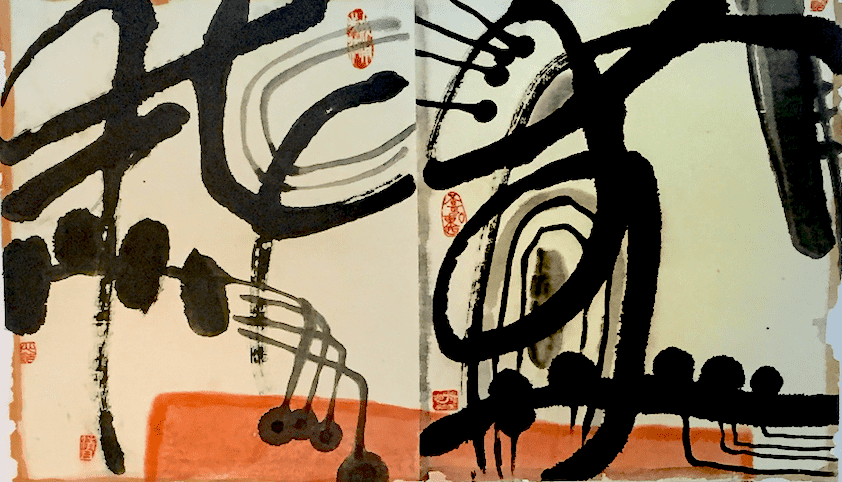
- Artist : Mr. Chau-yih Yu
Having been in force for more than two years, some provisions of the National Communications Commission (NCC) Organization Act now seem incompatible with the demands of independent regulation. Although some amendments of the NCC Organization Act were passed by the the Legislative Yuan at the end of 2007, these dealt only with the formation of the NCC and other political issues (for further details please see “Congress Amends the Formation of National Communications Commission”). Most of the act’s practical provisions remained unchanged. The new commissioner has reviewed the act and proposed the following amendments:
• relaxing the qualification thresholds for appointment to the commission – current governmental officials cannot be elected NCC commissioners subject to the proviso of Article 6 of the act. Since some senior officials may have abundant knowledge and experience in the communications field, the proposed amendment leaves more room for the Executive Yuan to select suitable personnel;
• amending the scope of review by the commissioners – NCC commissioners are responsible for a great volume of routine work, such as industry public announcements, permits and dispositions. In order to promote administrative efficiency, the new amendment will change the scope of review and establish rules of delegation;
• increasing the limit on fines payable to the Communication Supervisory Fund in order to increase income into the fund to cover the costs of regulation; and
• adding specific provisions relating to the NCC as an independent regulator – as an independent regulator reiterated under the 613 Judicial Interpretation, any particular case made by the NCC should not be intervened in by the Executive Yuan. Thus, the amendment adds a provision that the Executive Yuan may not exercise its power to intervene in an NCC decision regarding a specific case. In addition, the amendment adds new appeal procedures and allows the NCC to request that the grand justice of Judicial Yuan render the judicial interpretation.

